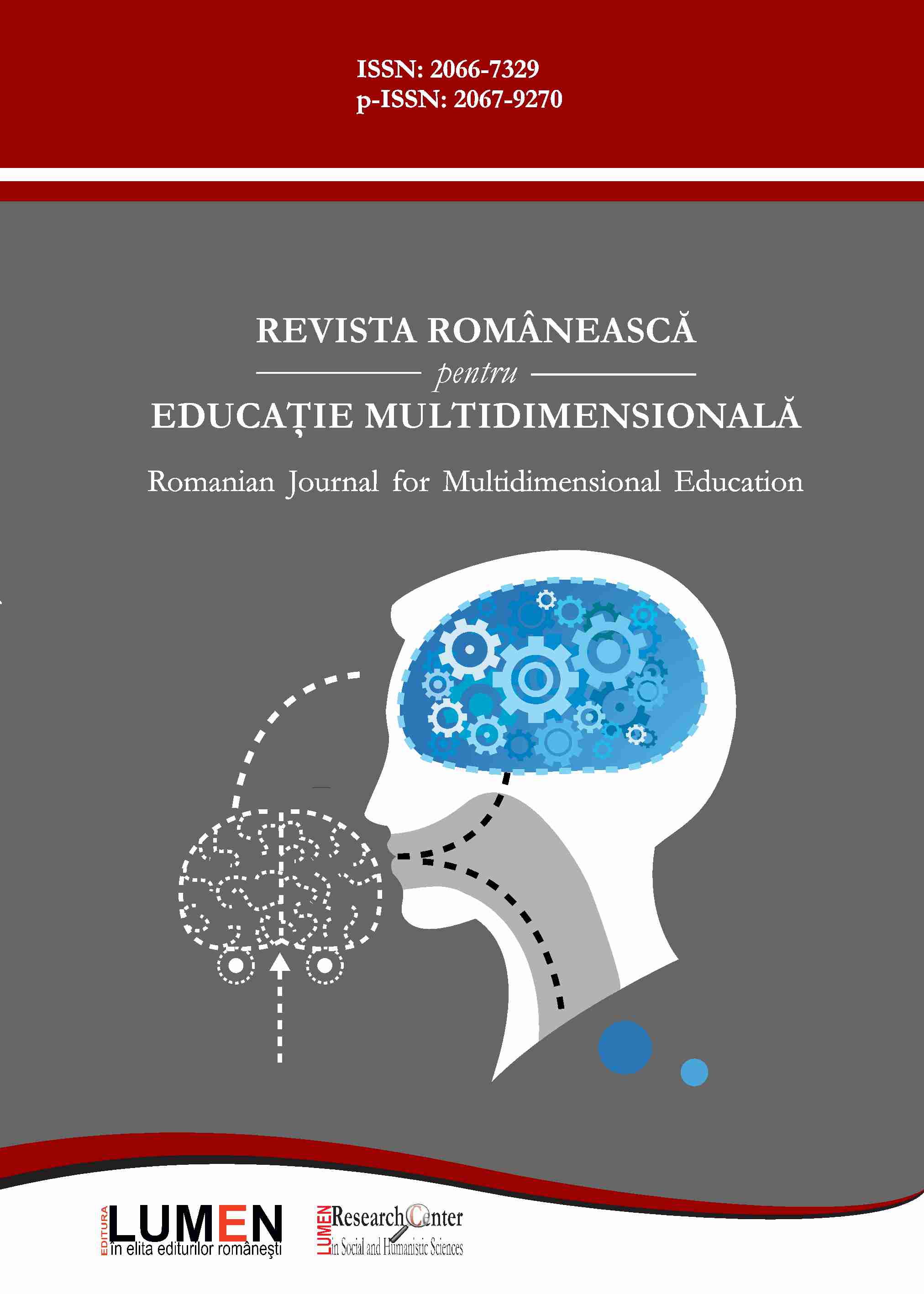Socioformation and the Formative Evaluation in Engineering
Socioformation and the Formative Evaluation in Engineering
Author(s): María de Lourdes Rodríguez Peralta, Juan Salvador Nambo de Los Santos, Jesus Rodriguez BuendiaSubject(s): Essay|Book Review |Scientific Life
Published by: Editura Lumen, Asociatia Lumen
Keywords: Socioformation; formative evaluation; integral formation and engineering; mathematics and engineering
Summary/Abstract: The society demands nowadays that the educational models of the institutions at the university level focus in an integral formation developing knowledge, skills and competences. Nevertheless, the systems of evaluation are not necessarily according to the requirements and methods of teaching and learning in the classroom. This investigation describes the effect of implementing a checklist as a medium so that the student acquires knowledge and gives feedback on the process of teaching and learning, promoting the integral formation. The checklist was designed under the socioformative approach and was used as a mean for the formative evaluation and shared during a course of differential and integral calculus. The qualitative investigation of analytical and descriptive type was based on the action-investigation, with students of the Career of Engineering on Communications and Electronics of Instituto Politécnico Nacional. Among the obtained results, it turns out that the students had a better academic performance and a change of attitude towards the learning of the mathematics in engineering, because they can take the control and the regulation of it. Concluding, we can say that the instruments of evaluation constructed under the socioformative approach promote the formative and participative evaluation and are a good way to improve the academic performance of the student and to develop competences like the collaborative work, the resolution of problems and the autonomy in the learning. It becomes necessary to continue the research regarding the design of instruments of formative evaluation as a didactic medium and the roles that the teachers and students must follow in order to promote an integral formation from the socioformative approach.
Journal: Revista Românească pentru Educaţie Multidimensională
- Issue Year: X/2018
- Issue No: 1
- Page Range: 210-227
- Page Count: 8
- Language: English

